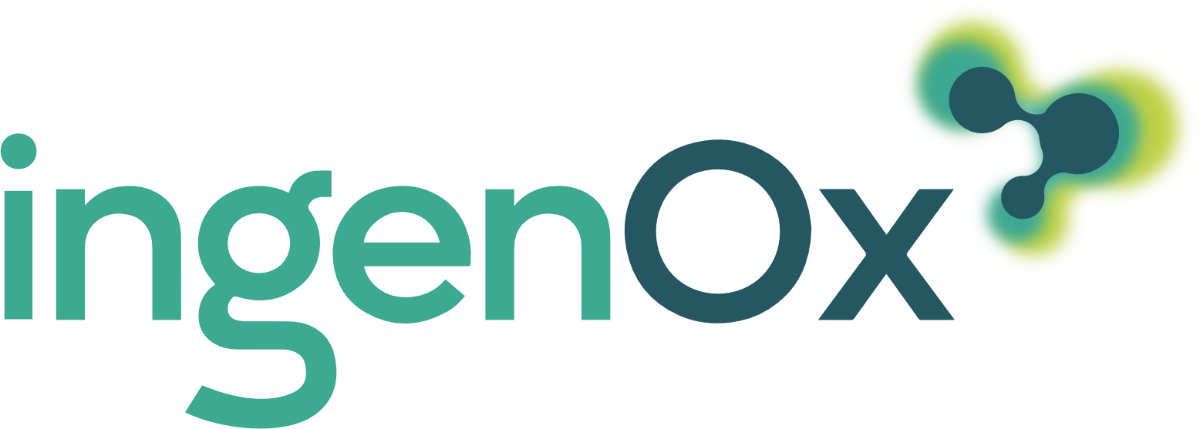Oxford, UK, 6th July 2021 – Celleron Therapeutics, the UK-based company developing novel medicines for cancer patients, today announced encouraging early clinical data from its Hong Kong Phase I study to develop CXD101 in patients suffering from peripheral T-cell lymphoma (PTCL), a rare type of blood cancer.
Previously, a Phase I trial in multiple tumour types conducted in the UK demonstrated that CXD101 has an excellent safety profile. A promising signal for efficacy in multiple tumour types was observed, which led to the grant of EU Orphan Drug Designation in PTCL.
The current Phase I bridging study conducted in Hong Kong is evaluating the safety and pharmacokinetics in Chinese patients with a range of tumour types which have progressed despite multiple previous chemotherapy treatments. Together with the approved Chinese IND application, the current results open the way for the roll out of a Phase II clinical trial commencing late 2021. Preliminary imaging measurements of tumour size indicated that all patients in the first cohort showed a response, with one patient demonstrating a complete clinical response.
Professor David Kerr, Chief Medical Officer of Celleron Therapeutics, commented: “This is an important step forward in the development of CXD101 for Chinese patients. We know that the drug is clinically active in a range of haematological malignancies which are resistant to conventional chemotherapy from earlier studies conducted in the UK. Even at this early stage, the pattern of response appears to be similar in the Hong Kong study. These are important and encouraging results which endorse our Chinese drug development strategy”.
NOTES:
About Celleron Therapeutics
Celleron Therapeutics is a clinical stage biopharmaceutical company developing a portfolio of best-in-class therapies to treat cancer indications with unmet medical need. The company is a spin-out from Oxford University and is located at the Oxford Science Park, UK.
Celleron Therapeutics has exclusive worldwide rights to CXD101 through a global licensing partnership with AstraZeneca. In 2020, Celleron Therapeutics incorporated SynOx Therapeutics, which is dedicated to the development of emactuzumab, and secured a commitment of €37M to support the company from a syndicate of blue-chip VC investors. Celleron Therapeutics is managed by a highly experienced team with proven track records. For more information, please visit www.cellerontherapeutics.com
About Nuance Biotech Inc
Nuance Biotech Inc is a leading China based biotech company based in Shanghai and focussed on commercial, regulatory and development stage assets run by an experienced China based management team with a strong track record. Nuance is backed by a leading global tier 1 investor with more than USD 3 billion under management in China through Matrix Partners. The company strategy and approach allows for a highly scalable commercial and drug development model.
About CXD101
CXD101 is Celleron Therapeutics’ next generation epigenetic immune-regulator representing a class of drug that kills cancer cells by blocking certain vital functions involved in gene expression (histone–deacetylase [HDAC] inhibitor) and reactivates the patient’s immune system so that cancer cells can no longer evade immune recognition.
The European Medicines Agency (EMA) has previously granted CXD101 Orphan Drug Designation as single agent therapy, based upon early-phase trial efficacy seen in relapsed or refractory PTCL patients.
Celleron Therapeutics is also supporting an investigator-led Phase Ib/II clinical trial in diffuse large B-cell lymphoma (DLBCL) patients who have failed on chemotherapy, called PLACARD, which is testing the combined effect of CXD101 and pembrolizumab (Keytruda).
About Peripheral T-cell Lymphoma
PTCL is a Non-Hodgkin’s Lymphoma (NHL) which covers a group of rare and often aggressive cancers that result from the proliferation of mature T-cells. Together they form a heterogeneous group which is categorized into subtypes according to clinical, morphological, immunophenotypic, and in some instances molecular characteristics. The three most common subtypes of peripheral T-cell lymphoma are peripheral T-cell lymphoma not otherwise specified (PTCL-NOS), anaplastic large-cell lymphoma (ALCL), and angioimmunoblastic T-cell lymphoma (AITL). The presentation of the disease often involves multiple sites in the body, including lymph nodes, blood, bone marrow, spleen, liver, skin, sino-nasal cavity and other organs. The symptoms of the disease often include multiple, enlarged, painless lymph nodes in the neck, armpit or groin. Other signs may include liver and spleen enlargement, skin rashes, night sweats, fever and weight loss.
Peripheral T-cell lymphoma is predominantly diagnosed in adults and is more common among men. The prognosis for most subtypes is poor, as the disease often follows an aggressive course and therefore requires rapid treatment. In the majority of patients, 5- year survival is less than 30%. This is considerably worse than the aggressive B cell lymphomas, which have a 5-year survival rate of 60-70%. As the disease is often characterised by multiple relapses, the prognosis for patients is still poor even if they initially respond to the currently available treatments. Whilst the exact cause of peripheral T-cell lymphoma is not yet known, certain subtypes have been associated with exposure to certain viruses, such as the Epstein-Barr virus or the human T-cell leukaemia virus-1 (HTLV-1).
